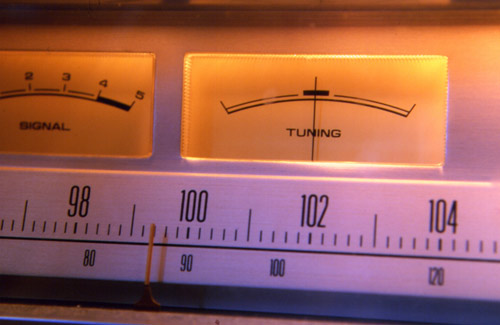Go!
The Senate seems to have it in its mind to release the LPFM genie from the bottle:
The Senate Commerce Committee unanimously approved a bill (Local Community Radio Act (S. 592)) today that would loosen regulations limiting low-power FM stations. It would abolish the third-adjacent minimum distance separation requirement except for stations that provide a radio reading service, as well as give FM translators and LPFMs equal access to spectrum. The House Commerce Committee has also cleared the bill.
The Local Community Radio Act (S. 592) official bill summary is:
3/12/2009–Introduced.Local Community Radio Act of 2009 – Repeals provisions in the Departments of Commerce, Justice, and State, the Judiciary, and Related Agencies Appropriations Act, 2001 that required the Federal Communications Commission (FCC) to:
(1) modify rules authorizing the operation of low-power FM radio stations to prescribe minimum distance separations for third-adjacent channels;
(2) prohibit applicants who have engaged in the unlicensed operation of any station from obtaining a low-power FM license; and
(3) conduct a program to test whether low-power FM radio stations will result in harmful interference to existing FM radio stations if minimum distance separations for third-adjacent channels are not required. Requires the FCC to modify its rules to eliminate third-adjacent minimum distance separation requirements between specified stations. Requires the FCC to retain rules that provide third-adjacent channel protection for full-power noncommercial FM stations that broadcast radio reading services via a subcarrier frequency from potential low-power FM station interference. Requires the FCC, when licensing FM translator stations, to ensure that:
(1) licenses are available to both FM translator stations and low-power FM stations; and
(2) such decisions are made based on the needs of the local community.
I would add to that list; Must be on the air at least 50% of the time and no more than 50% of that time is automated. Why not? If this is supposed to spur local (community radio) what would be the point of a whole bunch of low-power automated stations? Just more clutter in the FM band.

